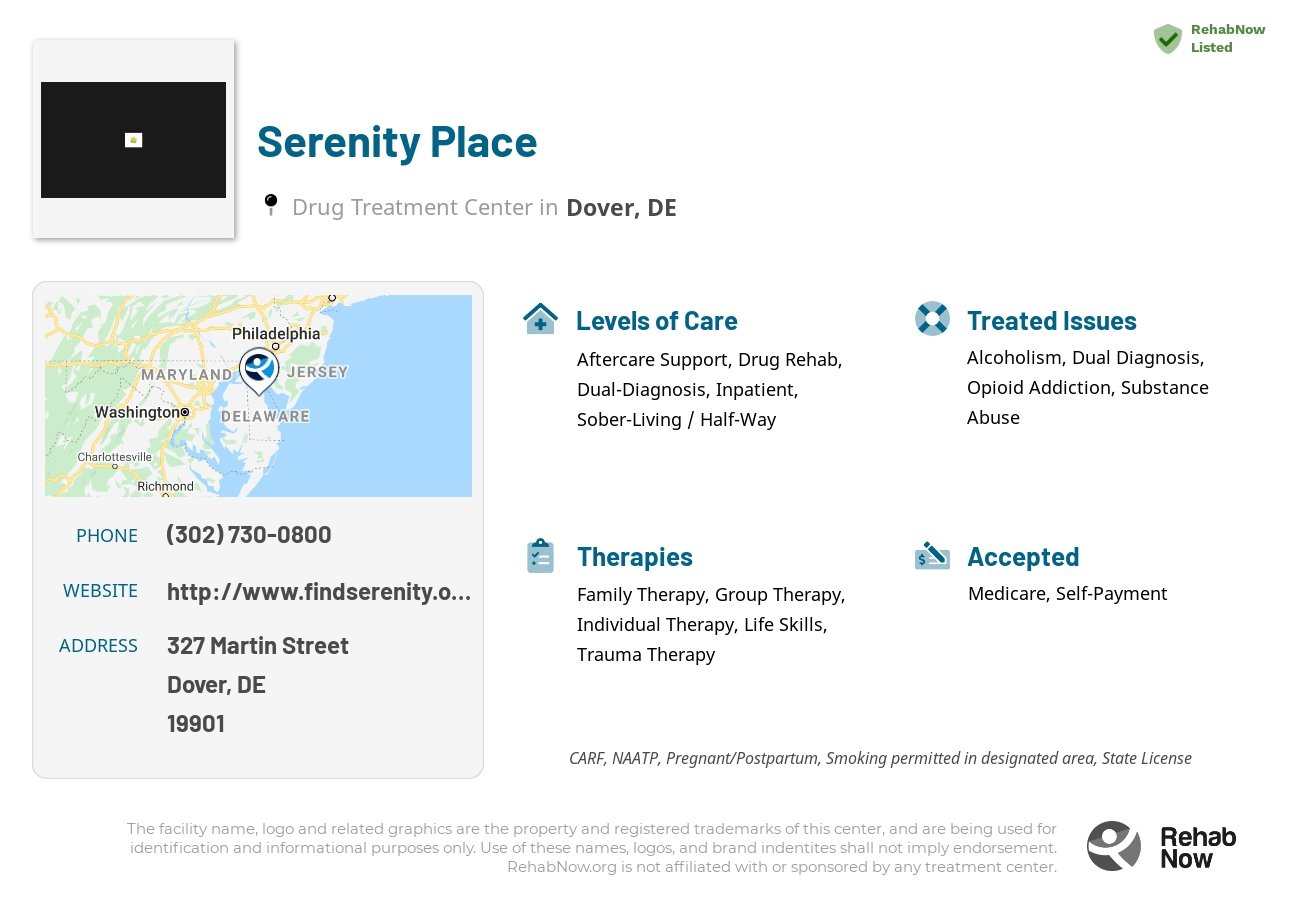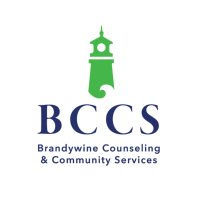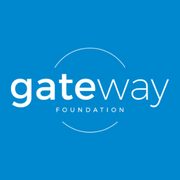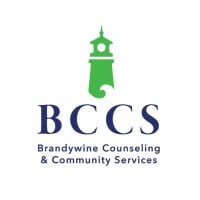Serenity Place
Drug Rehab Center in Dover, Delaware
Serenity Place, located in Dover, Delaware, is a comprehensive addiction and mental health treatment facility offering evidence-based services, including inpatient, sober-living, residential, and aftercare support, to individuals with addiction and co-occurring mental health diagnoses.
About
Serenity Place is a comprehensive addiction and mental health treatment facility located in in Dover, Delaware. It provides a variety of evidence-based services to individuals suffering from addiction, as well as co-occurring mental health diagnoses. Their staff is comprised of experienced professionals who provide compassionate guidance and support throughout their clients’ treatment journey. The facility offers a wide range of levels of care, including Inpatient, Sober-Living/Half-Way, Residential, and Aftercare Support.
At Serenity Place, treatment plans are designed to meet the specific needs of each individual. The comprehensive and holistic approach to treatment includes evidence-based services such as drug rehab, dual-diagnosis, and relapse prevention. The facility is licensed by the Delaware Division of Substance Abuse and Mental Health and is certified by the Delaware Department of Health and Social Services. Additionally, they receive accreditation for their residential treatment program from The Joint Commission, an independent, not-for-profit organization that accredits more than 22,000 healthcare organizations and programs in the United States. By providing professional care in an atmosphere of comfort and support, Serenity Place helps individuals and families struggling with addiction get their lives back on track.
Genders
Ages
Modality
Additional
Conditions and Issues Treated
Recovering from substance abuse is an essential part of a healthy life for many people. It’s a long and challenging process, but it can be worth it in the end if you manage to get through all parts. Detoxifying your body, rehabilitation after that time passes or when needed (depending on what type), and then recovery while also receiving therapy support throughout this entire process.
A standard route to starting recovering from substance abuse and addiction is through a detoxification center. There you can completely heal your body and mind and continue on the path of recovery without feeling any of the lingering effects of substances.
Within the past decade, opioid addiction has become a nationwide epidemic. The United States hosts one of the world’s highest rates of opioid use or abuse and has one of the highest rates of opioid-related deaths. In the United States, opioid drugs are classified as Schedule II-IV controlled substances due to their highly addictive properties and potential for abuse. These include morphine, opium, heroin, oxycodone, hydrocodone, methadone, and fentanyl. Physicians usually prescribe opioids to help control pain.
Over time, opioid users develop a tolerance for the drugs, which makes it difficult, if not impossible, to function without them. In turn, opioid users often resort to illicit means of obtaining the drugs. These means can include drug dealers, friends, and family members who do not have legitimate prescriptions for the drugs. Opioid addiction can quickly lead to heroin use, especially those seeking more intense highs than prescription opioids offer. Due to the high risk of overdose, heroin users are at a much higher risk for illness and death.
A person who struggles with addiction and a mental health condition suffers from a dual diagnosis. This means that they have two issues that must be treated. The specific mental health issues that the patient at Serenity Place might have include but are not limited to:
- Depression
- Bipolar Disorder
- Anxiety
- PTSD (Post Traumatic Stress Disorder)
The specific addiction issues that the patient might have include but are not limited to:
- Alcoholism
- Drug Addiction (i.e., Cocaine, Meth, and other stimulants, Marijuana, and Ecstasy)
The combination of the two illnesses can be tough to treat. Taking care of one or the other is tough, and taking care of both cannot be done alone. A patient who receives dual diagnosis treatment will be given the best chance at becoming sober.
Levels of Care Offered
This center offers a variety of custom treatment tailored to individual recovery. Currently available are Aftercare Support, Drug Rehab, Dual-Diagnosis, Inpatient, Residential, Sober-Living / Half-Way, with additional therapies available as listed below.
Inpatient treatment centers offer a safe, secure, and often medically supervised environment for drug or alcohol-addicted individuals. Many of these facilities are equipped to provide detoxification, treatment for co-occurring mental health disorders, and aftercare programs.
The patient typically spends 28 to 30 days at the facility and will receive extensive drug counseling. They will also learn how to live without drugs and how to make the right decisions in life.
Sober living homes are halfway houses where people stay for a certain amount of time with the opportunity to stabilize themselves when they’re in recovery. Residents must follow the rules like no drinking and using drugs, paying rent/bills, etc. There is no minimum or maximum period of stay; as long you abide by these simple guidelines, then it’s an excellent chance to move forward into sobriety!
For many, this is a fresh start, a time to reset the calendar. Some have lost everything due to addiction, so being in sober living allows them to try again or begin for the first time by establishing new routines and healthy habits that will result in long-term sobriety. It’s also common for people to move from one sober living home to another. Each move gets them closer and closer to their final destination of a drug & alcohol-free life.
Residential treatment programs are those that offer housing and meals in addition to substance abuse treatment. Rehab facilities that offer residential treatment allow patients to focus solely on recovery, in an environment totally separate from their lives. Some rehab centers specialize in short-term residential treatment (a few days to a week or two), while others solely provide treatment on a long-term basis (several weeks to months). Some offer both, and tailor treatment to the patient’s individual requirements.
Recovering drug addicts need aftercare support when they leave treatment. The support can include guidance through 12-step programs, outpatient rehabilitation programs, and support groups. Aftercare supports the individual in their desire to maintain sobriety by reducing relapse risk with positive choices.
The success of drug treatment does not end when the addict leaves the rehabilitation center. There is no such thing as a “one and done” type of rehabilitation process. Recovery is a lifelong journey that begins with treatment and continues by the addict committing to outside support groups or drug rehab programs.
When choosing a program, it is crucial to choose one that will provide long-term aftercare support. This ensures that you have the tools you need to sustain your recovery.
Therapies & Programs
Individualized Treatment is essential because it gives addicts the ability to participate in a program that meets their unique needs. An addict should work with professionals who understand what they’re going through, especially if the addict is actively using. Finding the right treatment program for an addict is difficult, but it’s even harder without communicating with those who have experience treating your specific situation.
The therapies typically involve all family members, potentially including siblings, children, and parents who play a role in their daily lives. These sessions can be essential because they address past issues that may have affected an addict or alcoholic’s recovery process. They provide support during this time when it is needed most!
A family therapy session, often called a family meeting or intervention, is a necessary process that helps loved ones of addicts see their situation in a new light. It’s also one of the most challenging things families will ever have to do when they’re facing a loved one battling addiction or alcoholism.
Group therapy sessions provide recovering addicts with a chance to cope with everyday situations that many face. Group therapy sessions are held in rehab facilities, clinics, churches or community centers that offer drug addiction treatment.
People who attend these groups are encouraged to voice their feelings and support other addicts in recovery. This helps group members strengthen their own recovery program while cheering on others who are struggling with sobriety.
Trauma therapy allows them to work through past trauma to have peace of mind and begin down the road of sobriety. The therapist will work with the individual to help them understand their past and present relationships. Patients may often believe that something is inherently wrong with them or they are unworthy of love. The therapist aims to correct these negative feelings and behaviors by helping the person realize that their actions do not reflect who they truly are.
Life skills training is beneficial for addicts in recovery because it helps them learn how to take care of themselves and improve their quality of life, which can promote feelings of purpose and motivation.
This works by teaching individuals life-enhancing skills that support positive living, including:
- Healthy lifestyle habits
- Skills to effectively manage stress
- Effective communication skills to help them get their needs met without turning to drugs or alcohol
- Money management and budgeting skills so they can continue to take care of themselves after treatment ends.
Payment Options Accepted
For specific insurance or payment methods please contact us.
Additional Details
Specifics, location, and helpful extra information.
Dover, Delaware 19901 Phone Number(302) 730-0800 Meta DetailsUpdated November 25, 2023
Staff Verified
Patient Reviews
There are no reviews yet. Be the first one to write one.
Dover, Delaware Addiction Information
The Delaware substance abuse statistics show that the number of deaths due to drug injury is higher than the national average. Over 16% of all deaths in the state between 2008 and 2017 were caused by drugs and alcohol. The state has been rolling out more services to address addiction in an effort to get help to those who need it.
Dover, Delaware has a high rate of drug abuse. Marijuana, heroin, and prescription opioids are the most commonly abused drugs. 12.1% of people over the age of 11 in Dover had an addiction to drugs or alcohol. 12.1% of people over the age of 11 in Dover had an addiction to drugs or alcohol. There are many different types of treatment available in Dover. Such as detox and outpatient treatment.
Treatment in Nearby Cities
- Dover Afb, DE (3.1 mi.)
- New Castle, DE (35.1 mi.)
- Milford, DE (17.5 mi.)
- Rehoboth Beach, DE (38.2 mi.)
- Laurel, DE (41.7 mi.)
Centers near Serenity Place
The facility name, logo and brand are the property and registered trademarks of Serenity Place, and are being used for identification and informational purposes only. Use of these names, logos and brands shall not imply endorsement. RehabNow.org is not affiliated with or sponsored by Serenity Place.







